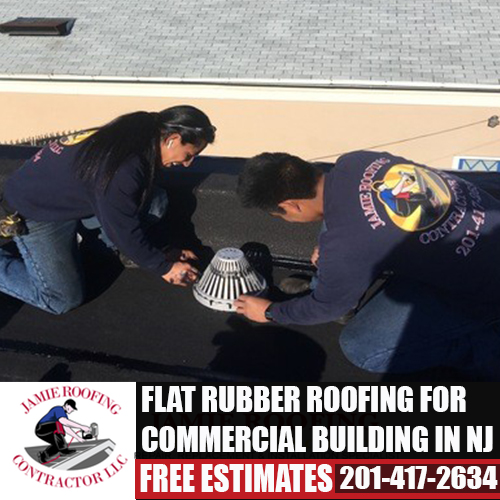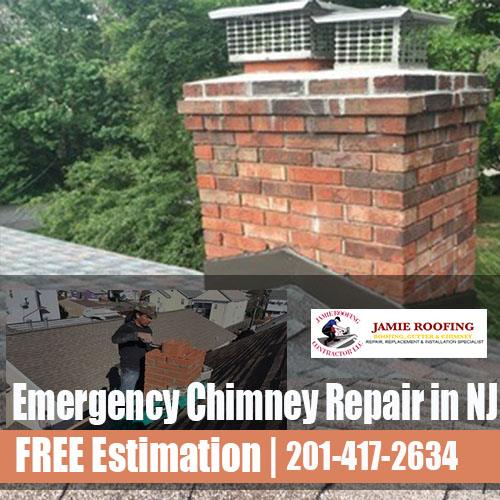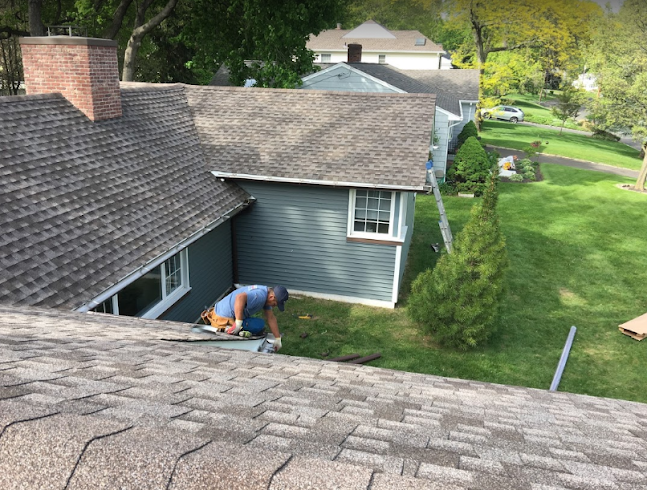Benefits of Flat Rubber Roofing in Commercial Building NJ
Flat roofs give the required stability to accommodate external building components such as industrial heating, cooling, and ventilation systems. Most commercial and industrial buildings require HVAC systems that are more powerful and reliable than homes. Business owners incorporate flat roofs into the building's primary architectural plans to protect their operation while substantial repairs are minimal on flat roofs, they do necessitate extra regular maintenance to keep the structure functioning smoothly.
There are several different flat roof systems available, each with its own set of advantages and disadvantages. Built-up roofing, rubber roofs, and modified bitumen systems are the three most popular kinds. Rubber roofing is the most preferred option for commercial buildings in New Jersey among these. Rubber roofing, also known as ethylene propylene diene monomer (EPDM) in the industry, entails the installation of a waterproof elastomeric membrane that can withstand impacts, punctures, and weathering. This cost-effective flat roofing material is simple to install and long-lasting enough to keep commercial and industrial applications dry throughout the year.
Benefits of rubber roofing in commercial building NJ:
- Minimal materials and installation expenses:
A flat roof, simply put, utilizes less material than a pitched roof. Especially for rubber roofs, because the majority of them are placed with a single-ply membrane. For certified rubber roofing contractors, the installation process is quick, simple, allowing for speedy roll-outs and even faster maintenance jobs. Many industry-leading rubber roof systems have low material costs, allowing for lower overhead without losing performance. - Easy to eliminate ice and snow
Winters can be harsh and there will be a lot of scooping involved for commercial property owners. While flat roof drainage systems can usually keep up with snowmelt, prolonged below-freezing temperatures can cause snow and ice buildup. If left unattended, a significant buildup could jeopardize the structure's general stability. On the other hand, rubber roofs enable the quick and effective removal of snow and ice without risking major damage. - Durable and convenient to maintain
The long-term durability of ethylene propylene diene monomer is one of its main advantages. Even in industrial areas with a high level of rooftop foot traffic, the material retains its elasticity and flexibility. Rubber roofs are also resistant to the effects of ozone and UV radiation on their deterioration. An entire EPDM roofing system rarely needs to be replaced at once, as small repairs can be completed quickly and without causing any interruption.
Jamie Roofing is a reliable and trustworthy commercial flat roof repair specialist in NJ and has a team of professional roofing experts who can help you secure your commercial property by installing or repairing a flat rubber roofing system in New Jersey. Our flat roof leak repair experts will assist you in anticipating dangers and identifying low-cost solutions to ensure that your commercial or industrial business runs smoothly.



Comments
Post a Comment